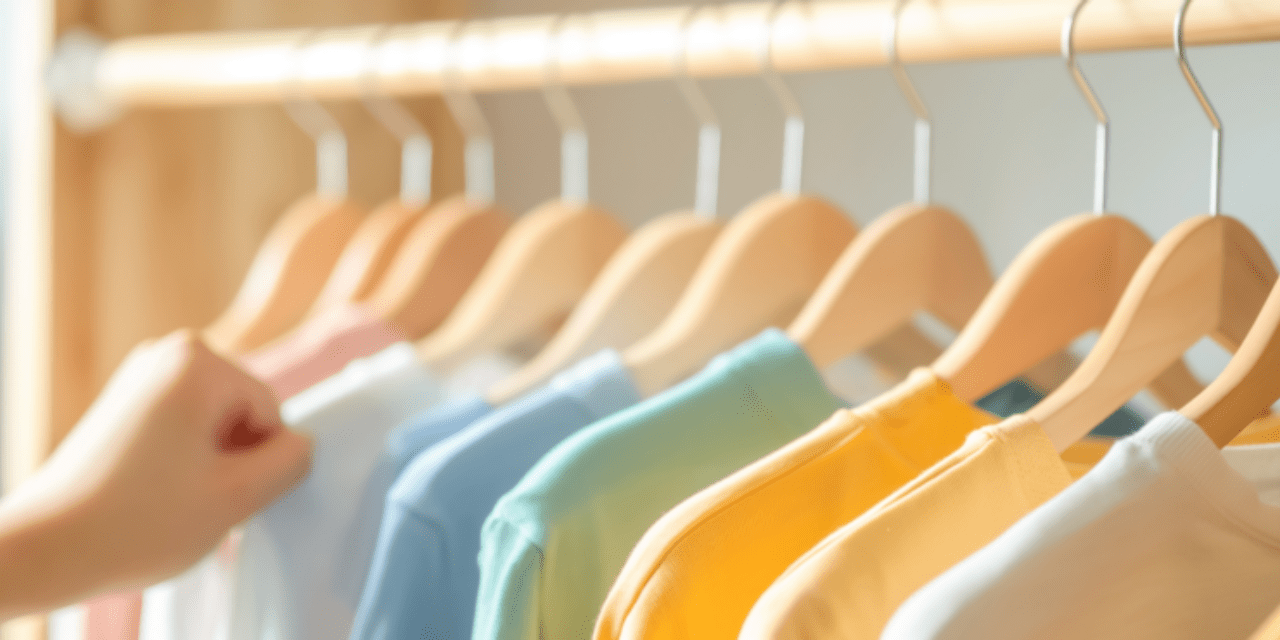New research from Aquapak reveals that clothing, fashion accessories, and cosmetics rank among the worst product categories in terms of consumer perception of packaging reduction and recyclability in the UK.
Food is seen as the best-performing category, with household products following in second place. Clothing ranks third, but only 13% of respondents believe the industry is making efforts toward sustainable packaging. Cosmetics and fashion accessories score even lower in terms of eco-friendly packaging initiatives.

This is a perception that needs to be tackled by non-food retailers and brands as the research also reveals that over half (56%) of consumers said that they are more likely to purchase a clothing or accessory brand that uses 100% recyclable packaging. Of these, 21% said they are highly likely to choose an item in a fully recyclable package over one that isn’t, and 35% said they are quite likely to do so.
The research also shows that consumers believe that it should be product manufacturers and producers that take the greatest responsibility for improving packaging recycling rates (56%), followed by local authorities (53%) and retailers (49%). With EPR legislation now in force there may be increased costs to pay for packaging for many UK companies, so choosing the right material now could help reduce costs later and remove the risk of ongoing environmental damage if packaging is not correctly disposed of.
Aquapak has been helping forward-thinking fashion and retail brands with its innovative dissolvable polymer Hydropol for a number of years now, with sustainable fashion brand Finisterre being one of first to switch their garment bags over to the new material.
Garment bags made with Hydropol can be disposed of in existing domestic waste streams without contaminating other recyclable products or they can be dissolved immediately in hot water at home without producing dangerous micro-plastics. They also degrade harmlessly on land or in the ocean. They’re also fully transparent, lightweight, tear and puncture resistant so can be collected and reused many times by retailers.
N.Brown Group, one of the UK’s largest online fashion retailers are also moving to Hydropol garment bags this year. They estimate that they’ll be able to reduce their plastic use by around 44% once they roll-out the technology to all their own-brand products.
Mark Lapping, Chief Executive Officer of Aquapak, comments: “Our research shows that certain product sectors are perceived to be doing better than others when it comes to tackling packaging waste. We recognise the businesses have a huge task on their hands when it comes to a range of sustainability issues, whether it is carbon, water or biodiversity, with plastic packaging just one small piece of the jigsaw.
“This focus is compounded by the new EU Corporate Sustainability Reporting Directive (CSRD) that will take effect for large and listed companies shortly and means that they must share information on how they monitor a wide range of ESG issues and their impact on the planet. The good news is that there is a commercially proven solution in the form of HydropolTM that will make their plastic packaging problems literally disappear.
“If all brands switched just garment bags to Hydropol it is estimated that around 25 million tonnes2 of conventional, hard-to-recycle packaging could be prevented from entering the environment each year.”
Debbie Luffman, sustainability and circular economy expert and CEO of Think Circular, comments: “Brands and retailers are facing a lot of challenges right now and having to manage competing priorities. When it comes to sustainable packaging, knowing there is a solution like Hydropol available to them, and one which support their business’s mission to eradicate single use plastic, it’s one less thing to worry about.”
For more information visit www.aquapakpolymers.com

